
Bronnie Ware became famous for compiling a list of the most common deathbed regrets. This success was only partially accidental as she never thought that her work would be noticed and appreciated by other people. She was just a nurse in palliative care, providing relief and support to individuals facing serious illnesses and the prospect of imminent death.
However, unlike many of her colleagues, she took an additional interest in her patients by speaking to them, asking about their lives, and writing down their stories, while people were happy to speak with someone who genuinely cared. It was then that she noticed a common thread in people’s life stories, with some deathbed regrets coming up more often than others. This is when she completed her work on the top 21 deathbed regrets and shared it with the world, hoping that these deathbed regrets would inspire those of us who are still alive to live happier, more fulfilling, and meaningful lives.
In simple terms, when faced with illness, old age, and impending death, individuals gained clarity and expressed what truly mattered to them in their lives, as well as what was merely a distraction. This is why these 21 deathbed regrets became popular, resembling a personal to-do list of things we should strive to do before confronting our own mortality and contemplating whether or not we lived a good life.
And this is why I’m inviting you to also become familiar with the top 21 deathbed regrets shared with us by Bronnie Ware so you too can try to understand which of them you are already doing and which ones you still need to work on in order to have a complete and happy life:
#1: Not allowing oneself to feel happy

Unfortunately, our modern society isn’t optimized to make us happy. Sure, it promises us happiness, but it also creates a lot of rules about when we are allowed to feel happy and when we aren’t (for example, if you aren’t rich and powerful, you can’t be happy). As a result, many people become lost in the chaos of everyday life, hoping that someday everything will fall into place and they will finally be happy.
However, as Buddha said, “happiness is a journey, not a destination,” which means that even if everything isn’t perfect right now, we only live once, so we might as well enjoy what we have, regardless of what it is.
In other words, when looking back on life from the perspective of deathbed regrets, it becomes clear that happiness is a choice and we should say “yes!” to it. Life will eventually pass, and in the end, the only two questions that will remain are: Was I happy? And why didn’t I allow myself to be happier?
#2: Not spending enough time with loved ones

The second most common deathbed regret is not spending enough time with one’s family, friends, and loved ones. According to Bronnie Ware’s collected stories, people realize that relationships are crucial for personal growth and happiness. However, many still prioritize superficial things like work, watching TV, playing computer games, or making unnecessary purchases to impress people they don’t care about.
Ware concludes that the key to happiness is being surrounded by loved ones who love us in return. This allows for the creation and sharing of meaningful moments that bring happiness. Other people contribute to our happiness, and their happiness is infectious. So, if the people we love are happy, it also brings us happiness. Ultimately, when it comes to deathbed regrets, our relationships are truly important aspects of our lives.
#3: Not pursuing one’s dreams

Too often, we allow our dreams to remain just that — dreams. We tell ourselves that we don’t have the time, money, or ability to pursue them, shying away from taking the first step. However, life is short, and it is important to take risks and challenge ourselves. Otherwise, we will end up with a bag full of deathbed regrets. We should strive to make our dreams a reality, even if it means doing things we don’t want to do, are afraid to do, or taking a leap of faith.
Ultimately, when we look back on our lives, we will see that the biggest risk was not dreaming big enough and not taking the opportunity to make these dreams come true. After all, it’s better to try and fail rather than to have deathbed regrets thinking, “What if I had done this or that?” and “What if I had been braver?”
#4: Not following own needs and desires
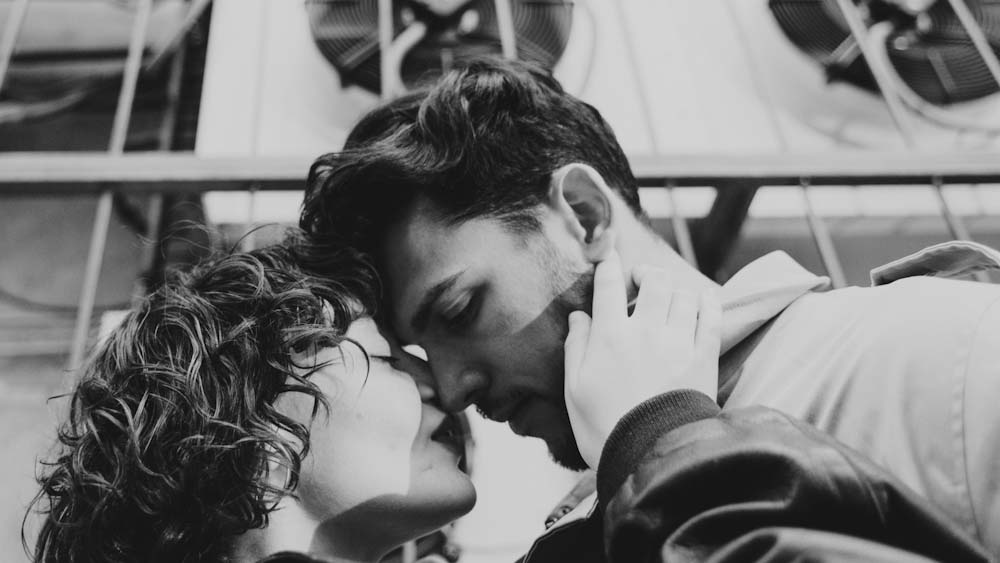
Many individuals choose to disregard their own needs and desires in order to please others and conform to societal norms. Consequently, they may find themselves in unfulfilling jobs and unhappy relationships.
Finally, at the end of their lives, as they look back on everything they were, what they achieved, and the mark they left behind, they may experience deathbed regrets for not having been more true to themselves and living an authentic life.
#5: Not taking more risks
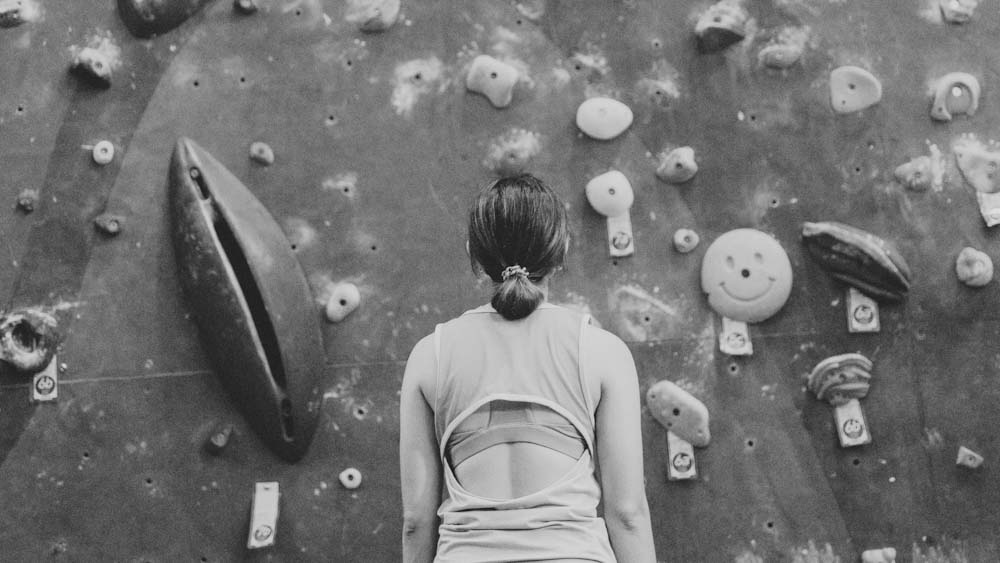
Often, I have an interesting business idea, but I never act on it because I think it is stupid, too difficult, and would never work. Then, I see someone else doing that exact business idea and achieving a great success, which makes me regret my life choices. This pattern repeats itself again and again, and I continue to hold back, never taking enough risk to turn my ideas into reality.
This fear of the unknown often leads people to play it safe throughout their lives, causing them to act predictably and know ways. This approach hinders new opportunities and results in mediocrity and stagnation.
As people grow older, their regrets catch up with them and they realize that they missed out on many great opportunities simply because of they were afraid. In this way, taking risks can be intimidating, but it is also necessary for personal growth, discovering what is possible, and avoiding major deathbed regrets.
#6: Not spending enough time in nature

Psychologically speaking, we are supposed to live in nature, sleeping under the stars, surrounded by breathtaking views and all that nature has to offer. However, modern society has created a concrete jungle that surrounds us and makes us believe that this is somehow better than living according to our natural imperatives.
But we can’t fool our minds forever, and nature keeps calling back to us. That’s why people enjoy getting away from civilization and spending time in the great outdoors, while having plants or animals in our homes can partially help to satisfy this longing.
So when people lie on their deathbeds, many of them regret not taking the time to appreciate the natural world more and spending too much time indoors.
Whether it’s a walk in the park, a hike in the woods, or a day at the beach, spending time in nature is important for our psychological well-being. It reduces stress, improves mental health, and brings us closer to the life we are meant to live. Finally, it’s a great way to avoid yet another deathbed regret.
#7: Not staying in touch with old friends
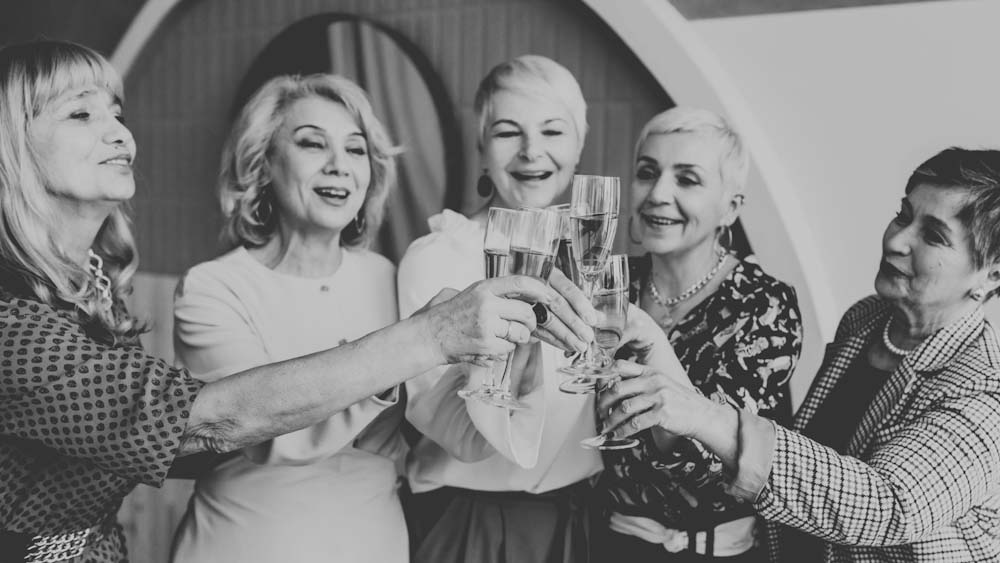
As people age, they often lose touch with friends they made in childhood, during their teenage years, or later in life. Their lives move on, and gradually they disconnect or completely forget about the people they met throughout their years.
However, upon reflection, many people often regret not making a greater effort to stay connected and maintain their friendships. This in itself becomes a valuable life lesson and a noteworthy deathbed regret.
It is therefore important not only to create new memories, but also to remember the people with whom we made these memories, making an extra effort to stay in touch with the people who mattered most to us throughout our lives.
#8: Not learning another language

When I ask people about their goals, I often hear that one of their biggest desires is to learn another language or multiple languages. This desire is especially evident when people are traveling or find themselves face-to-face with someone who does not speak their language, which is becoming an increasingly common occurrence in today’s world.
However, despite expressing this goal, many people fail to dedicate enough time and effort needed to realize this life goal. This results in missed opportunities and experiences and a feeling of not living one’s life to the fullest.
As individuals grow older, they often come to the realization that learning a new language could have opened up numerous new doors, and it becomes one of their most common deathbed regrets.
#9: Not being more grateful
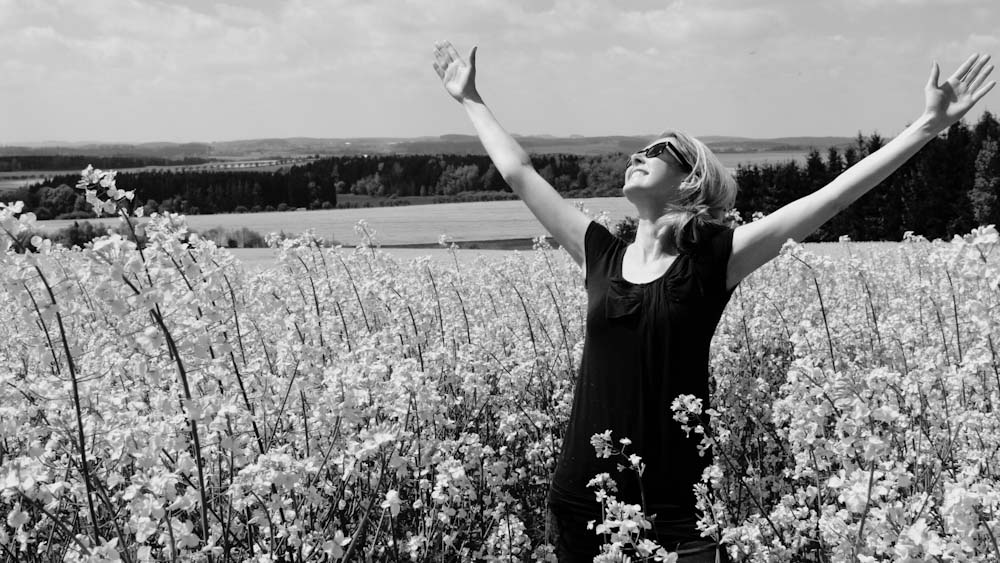
Once upon a time, I broke my leg and was unable to walk or run for several years. It was during this time that I realized the importance of something so simple that I had taken for granted – the ability to walk and run. Prior to my injury, I had spent much of my time sitting, never truly appreciating the joy of movement. Yet, after the accident I made a conscious decision to stand, walk, and run as much as possible once I recovered.
Additionally, this experience made me reflect on what else I may have been taking for granted in my life. I decided to be more grateful for even the simplest things, such as the ability to breathe.
This realization is a common occurrence for many people when they are faced with illness, old age, or the loss of something important to them. It often feels like a deathbed regret, but which we can experience before our time is up. This is also why the concept of gratitude comes back again and again into our lives.
We often forget that our lives are already amazing in many ways, even though we may constantly desire more. But we just need to ask the super wealthy if they are satisfied with what they have to realize that our desire to have more is a never-ending rate race and the only true way to stop chasing after the elusive “carrot” is to be satisfied with what we have, who we are, and to become grateful for even the smallest things in life.
#10: Working too much
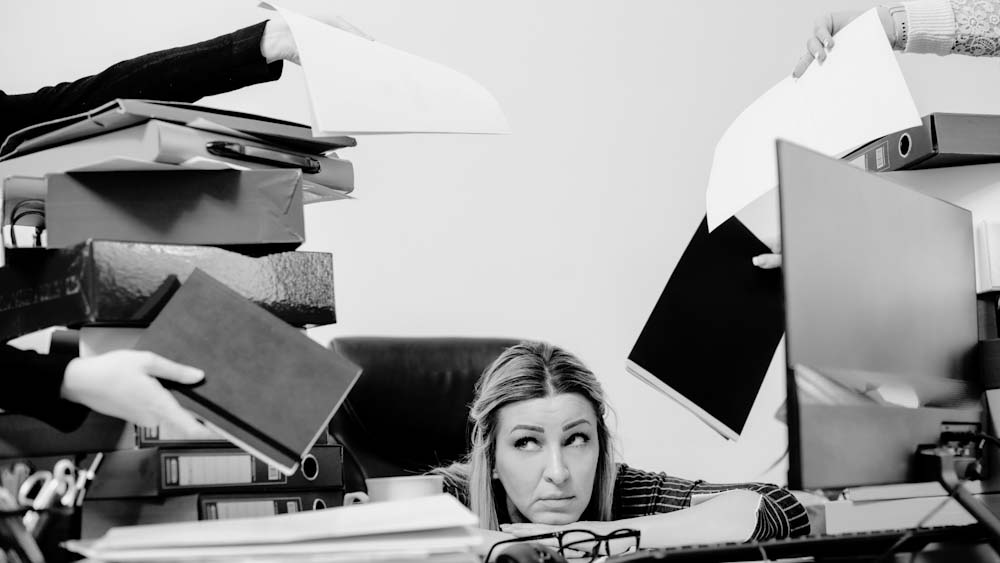
Many people look back and regret the amount of time they spent working instead of spending it with their loved ones, following their passions, spending time in nature, or essentially not wasting their life at work. After all, work should be a means to an end, which is an amazing and happy life, and not an end in itself, which is to be working.
I mean, some people are lucky to enjoy what they are doing, so they don’t count work as work but rather as pleasure. However, the vast majority of people don’t love their work to the same extent, or at least they don’t want to be at work 24/7.
In this way, if we are focused on our careers and neglecting our lives, goals, and relationships, then it is then that we have the potential for deathbed regret, which is when the concept of work-life balance comes in.
We need to work, and most people don’t have the luxury of not working. However, this doesn’t mean that we need to only work, and we should know when to quit in order to live and enjoy our lives to the fullest.
#11: Not traveling more

One of the most basic pieces of happiness advice I offer to my happiness students is “go travel.” This is because living 10+ years of living in the same country (not to mention the same city or house) can be depressing, no matter where you are from.
Simply, people stop appreciating the good things about that place and start focusing on the negative. As I often joke, even Adam and Eve got tired of paradise.
However, when we travel, we discover new places, people, and ways of doing things, which nourishes our souls. Even if we end up in a “bad” place, we still find plenty things we like about it because in any country in the world there is something interesting to discover.
And this is why many people say that “not traveling” is one of their deathbed regrets, as when they reach the end of their lives, they regret that they didn’t take the opportunity to travel more when they had the chance.
#12: Worrying too much overall
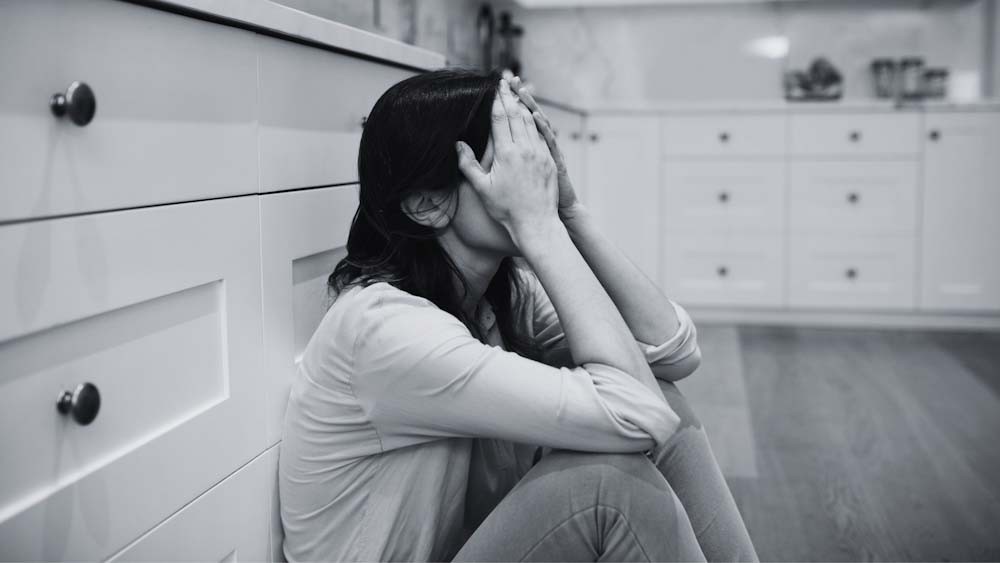
Worry is a perpetual state of inaction, and it is said that most people replay their worries over and over again. This repetitive rehashing does not bring any forward movement, but rather keeps negativity in place. Therefore, it is highly unproductive and unhealthy.
In fact, worrying too much is commonly cited as one of the top deathbed regrets. People often regret the amount of time they spent worrying, as it prevented them from fully enjoying their lives. As Mark Twain famously said:
I’ve had a lot of worries in my life, most of which never happened.
Personally, I really appreciate this life advice. Worry and negativity just do not serve me, so I choose to discard them as much as possible, embracing instead Optimal Happiness, which in turn allows me to live my best life.
#13: Worrying too much about what other people think

Similarly, too often our worries are centered around what other people think of us and whether or not we meet their expectations. However, we can never be certain that our beliefs about what others think are correct, nor is it healthy to constantly contemplate this.
Most people are following their own agendas, and we are either working on our own goals or those of someone else. Naturally, we can’t please everyone, and therefore, we shouldn’t try to.
Instead, a better approach to avoid this deathbed regret is to pursue our own dreams and push forward, regardless of what others may think, making them work towards our goals, rather than the other way around.
#14: Not being persistent enough

Brian Tracy states that often people give up on whatever they are doing after the first try. In fact, they probably give up even earlier than that by never even trying to do what they actually wanted to do.
This is certainly a recipe for having many different deathbed regrets, never having the courage to start new actions or being persistent enough to see them through.
The lesson here is simple. If we try and fail, we can try again, and again, and again until we succeed, as every failure is an opportunity to learn what’s not working, bringing us one step closer to an action that will create the results we desire.
#15: Not trusting intuition enough

In the modern world, people do not trust their intuition as much as they used to. They think it is stupid, incorrect, and just plain wrong. However, upon reflecting on their deathbed regrets, many individuals realize that they should have trusted their gut more often. They come to understand that their intuition was more right than wrong, and even if some decisions would have been made incorrectly, it would still be more right than wrong, and therefore they would have had a more positive and fulfilling life experience overall.
Furthermore, trusting intuition is a skill that can be developed and improved over time. With practice, we can become better at distinguishing between mental uncertainty and the actions that our intuition urges us to take. In fact, we can hone this skill to such a degree that we can rely on our intuition even more than logic in making decisions. And this is undoubtedly a valuable skill to have.
#16: Not letting go of bitterness and grudges

Holding onto bitterness and grudges can be extremely damaging to our mental and emotional well-being. If we don’t learn to forgive and let go of these negative feelings, they can cause us to become stuck in a cycle of resentment and pain. Naturally, this isn’t healthy.
And although it can be difficult to forgive others and we may not want to do it, we should still do it for our own mental stability and health, not for the sake of others. After all, bitterness and grudges are like a poison we carry that damages our well-being. It isn’t even important if others think negatively of us, as it is their negativity to deal with. In other words, we don’t do ourselves any favors by being bitter towards others, and often on our deathbed, we realize how unnecessary, unimportant, and self-damaging that energy was, and that we should have let go of it earlier on.
#17: Not comparing oneself to others
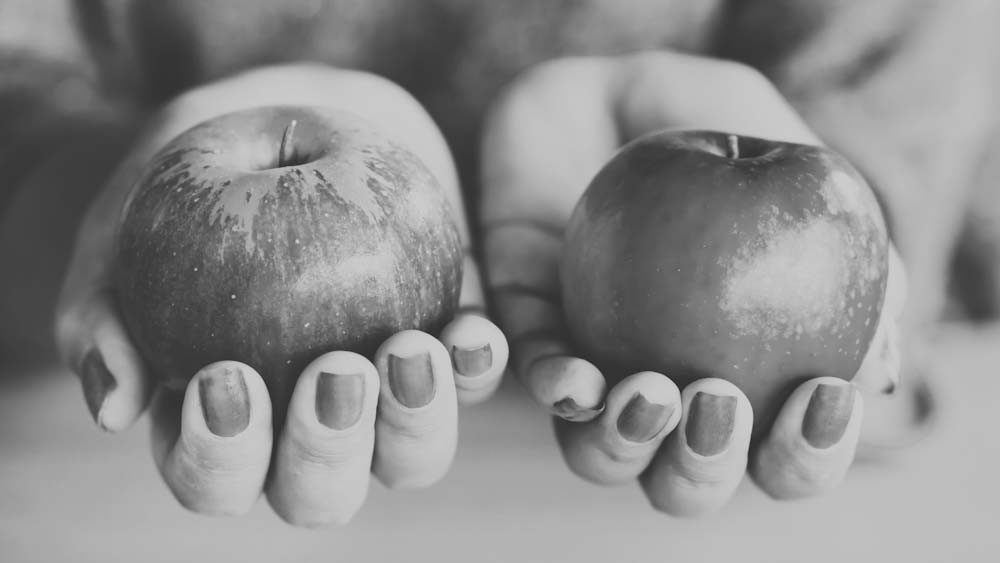
Comparison is said to be the quickest way to becoming unhappy, and this is true. We can easily see how easy it is to become unhappy when we compare ourselves to others. For example, think of something that you really want and of someone who already has it. Then, imagine how much better your life would be if you had what they have. Did this thought make you happier or unhappier? Most likely, it made you unhappier. And this is why we should avoid comparison to prevent unnecessary deathbed regrets.
However, there is a way to compare ourselves in a positive way, known as downward comparison. This is when we compare ourselves to someone who has less than we do and acknowledge how fortunate we are to have what we have. This form of comparison is perfectly illustrated by the following quote:
“I cried because I had no shoes until I met a man who had no feet.”
Helen Keller
Furthermore, we can still engage in upward comparison in a healthy manner. Instead of envying what others have, we can view them as role models and admire their achievements, thinking that we can use them as examples of what we can also accomplish, inspiring us to reach our own goals.
#18: Disregarding physical health

Today, people are too passive, sitting excessively, not exercising enough, overeating, or eating unhealthily, thinking that it is a sign of a good life. However, our physical health is essential to our overall well-being, and we shouldn’t take it for granted. We shouldn’t neglect our physical health until it is too late, as it is a sure way to have regrets on our deathbed.
Therefore, it is important to be mindful of our bodies and proactively keep ourselves healthy, focusing on both diet and physical exercise. Even better, instead of a sedentary lifestyle, we can strive to cultivate a physically active lifestyle, which will automatically address this deathbed regret. This doesn’t have to be difficult either, even if we have a predominantly sedentary job. Just make sure you incorporate some level of exercise and healthy eating into your life, and you won’t have any deathbed regrets related to your physical health.
#19: Disregarding mental health
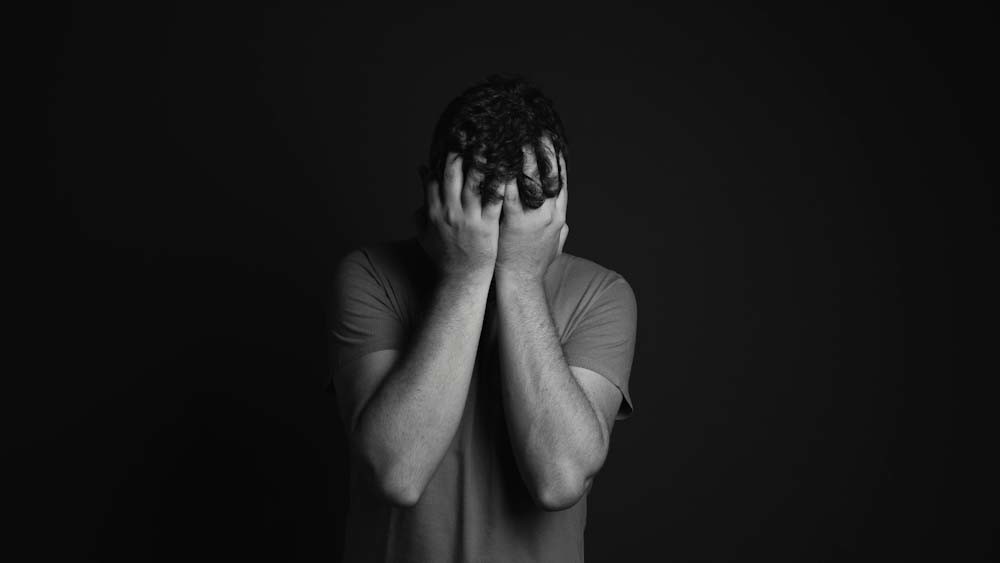
While mental health used to be a taboo topic in the past, today it is increasingly recognized as something we need to address. In the past, people were expected to have strong mental health by default, but it was often disregarded. This is why it has become one of the most common deathbed regrets.
Fast forward to today, people are more aware of mental health and are taking it more seriously. However, as I always say, happiness is hard, but it isn’t difficult. It is hard because there are too many things we need to do to be happy, too many for most people to figure out without help. That’s why we have record levels of unhappiness, stress, and depression, and why topics like deathbed regrets are so helpful.
However, happiness isn’t difficult because there is a limit to what we need to do to be happy, meaning that if we know what we are doing, we can achieve even Optimal Happiness. In other words, by addressing our emotional well-being needs to their ideal state, we also address all deathbed regrets, as the two topics are related. Luckily, if you are looking for more happiness in your life, you are on the right website. To learn more about Optimal Happiness and what it can offer for you, you can contact us here.
#20: Not being more spiritual
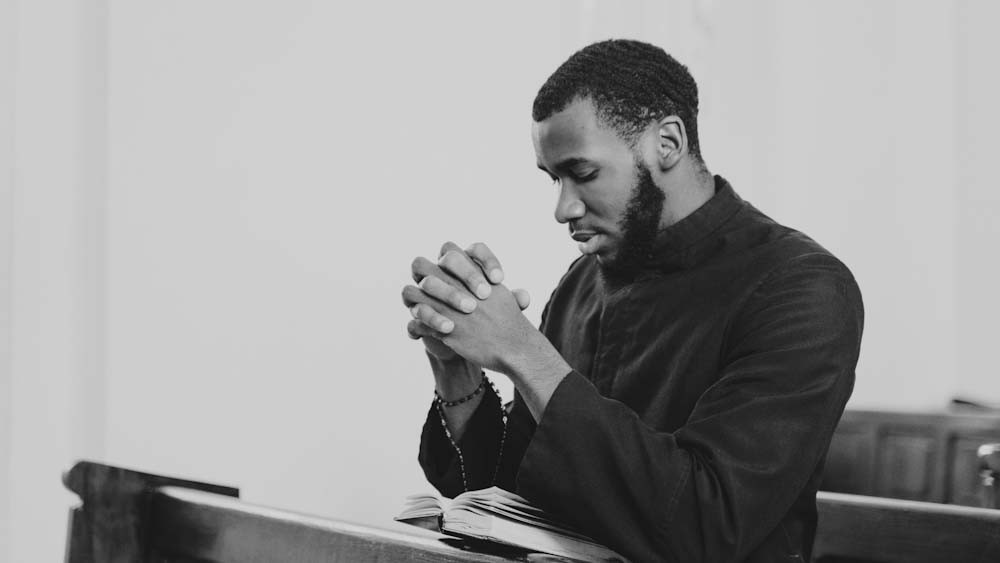
There is a saying that states that people conveniently remember spirituality and religion in times of need, such as when they are ill, old, or experiencing other life difficulties. However, spirituality is something that we should practice consistently, rather than leaving it until the last minute and hoping for the best.
Indeed, there are people who practice spirituality throughout their lives and claim to experience powerful rewards as a result of this practice still in their lifetimes.
Essentially, nothing worthwhile should be left until the last minute, like traveling during retirement, when people are old and tired and less able to pursue new activities. If we truly want to do something, we should start doing it immediately, such as today. Otherwise, it may become another deathbed regret, as many people claim it to be on their death beds.
#21: Not leaving a legacy
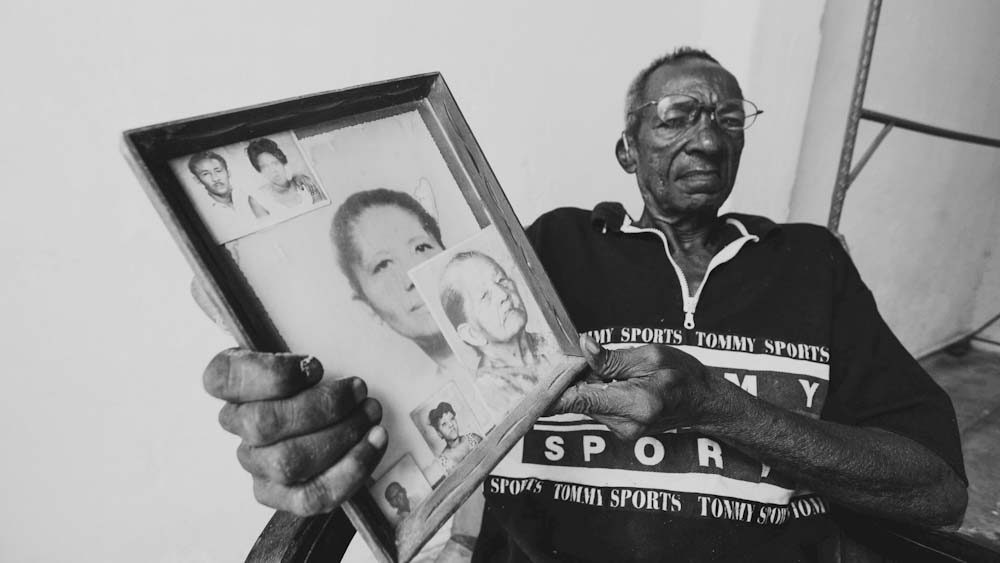
The last deathbed regret goes beyond a person’s consideration of a life well-lived, and is more concerned with the consideration of what world a person is leaving behind after they are gone. Yes, they will disappear, and it is sad, but it is at this point unavoidable. However, did this person leave our world a better place than what they found or worst? In other words, what legacy is the person leaving behind?
Here, people think about their relationships, such as children, family, friends, other people they met or they didn’t meet, and future generations to come. They also think about animals, nature, and the overall state of the world. People measure their contribution in terms of how many lives they touched, who will remember them after they are gone (if anyone at all), and whether their lives mattered on a grand scale of things.
Certainly, a bigger contribution is better, but even if a person left a big legacy behind, could they have left something even bigger?
What deathbed regrets do you hope to avoid?
It is never too late to take control of our lives and make necessary changes. By making better decisions today, we can ensure that when the time comes, we won’t have deathbed regrets. So let’s start living a regret-free life today, one that we can be proud of tomorrow. Let’s review the 21 deathbed regrets compiled by Bronnie Ware and consider in which areas of our lives we are already doing well, and where we could improve.
Let’s take advice from those who came before us, learning from their life experiences, their moments of happiness, and where they ultimately wished they could have done better. This can serve as a great life compass for us, helping us make better decisions and contribute to a well-lived life. With this approach, we can look back on everything we have accomplished with pride, without fear of regret, as we have done our best to avoid deathbed regrets.
So, what actions are you going to take? What deathbed regrets are you still hoping to avoid? Write them down on a piece of paper and keep it as a reference to guide your life and future decisions. Also, leave a comment with your life plan here in the comments to ensure that you will make it happen!













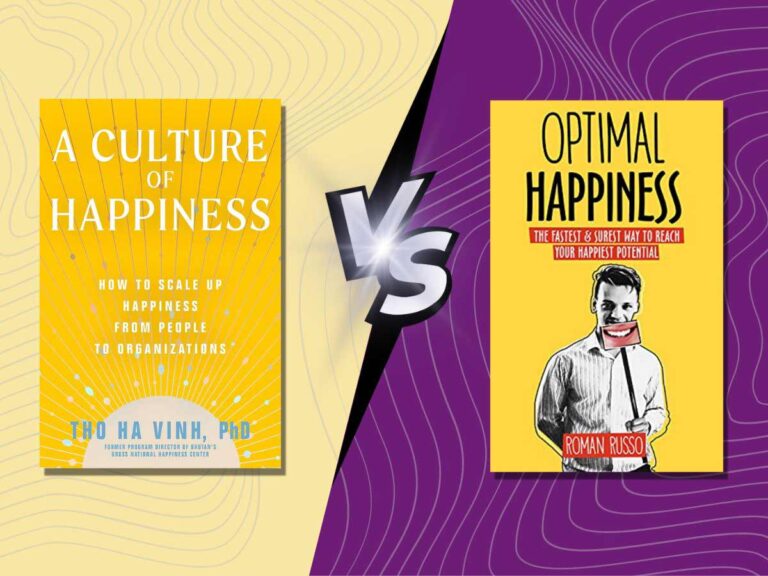

7 thoughts on “Top 21 Deathbed Regrets: Things To Do Before You Die”
“What deathbed regrets do you hope to avoid?”
I intend to avoid NOT having tried hard to maintain a viable planet for future generations.
A trend I see in many of the 21 above is a focus on the self; yet, the least unhappy people I see are the ones who focus on causes that are undeniably greater than themselves. I write ‘least unhappy’ because I don’t think happiness is the goal of life, a state of being that is healthy to pursue. And, I see many people who actively pursue happiness becoming intensely unhappy.
Instead, perhaps the focus could be on being happy with yourself because you know that you’re doing the right things for the right reasons? That’s enough happiness for me.
You are absolutely correct. I’d call it “legacy” and I added this as 21st point to the list.
Hi Roman, I just checked your website and found you have very interesting topics here. Sometimes we need to know what is happiness and what can make us happy not only a coping a social media trends and cultural normality. Hope we can learn from each other. Happy New Year !!
Hello Marcin, After struggling with my own unhappiness for most of my life, I have decided to finally answer what happiness is once and for all. Today, I believe that I have found this answer, while it still seems to me that most other people are still struggling to answer this same question. Hence, my blog. Thank you again for liking, commenting, and following this blog! Let’s indeed learn from each other!
I love this list.
“Not taking enough risks” is something that I am working on in myself.
“Not letting go of bitterness and grudges” is something I have made huge strides with this year. It is so freeing to let go of old negativity.
Thank you John,
“Not taking enough risks” > this is always a problem for all of us.
“Not letting go of bitterness and grudges” was also a big issue for me. What helped me the most with this was realizing that all the pain, grudges, and negative thoughts I hold towards others are like a poison that I ingest myself. The only person getting hurt is me. Being angry with others doesn’t keep them up at night, but it certainly affects me. Forgiving but not forgetting seems to be also a solution, as we don’t have to forget what they did, but we can stop ingesting that poison and redirecting our energy towards something more productive and less focused on those we don’t like. Why waste time on them? They don’t deserve it.
Pingback: How Your Career Choices Impact Success and Happiness – Find Your Happy